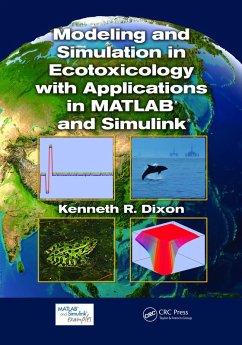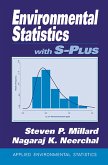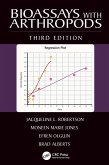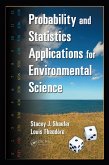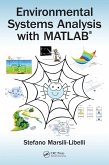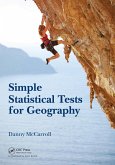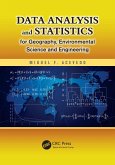Exploring roles critical to environmental toxicology, this volume covers the steps in modeling and simulation from problem conception to validation and simulation analysis. Using the MATLAB and Simulink programming languages, the book presents examples of mathematical functions and simulations, with special emphasis on how to develop mathematical models and run computer simulations of ecotoxicological processes. It also provides three individual case studies. Presented in a rigorous yet accessible style, the methodology is versatile enough to be readily applicable not only to environmental toxicology but a range of other biological fields.
Dieser Download kann aus rechtlichen Gründen nur mit Rechnungsadresse in A, B, BG, CY, CZ, D, DK, EW, E, FIN, F, GR, HR, H, IRL, I, LT, L, LR, M, NL, PL, P, R, S, SLO, SK ausgeliefert werden.

